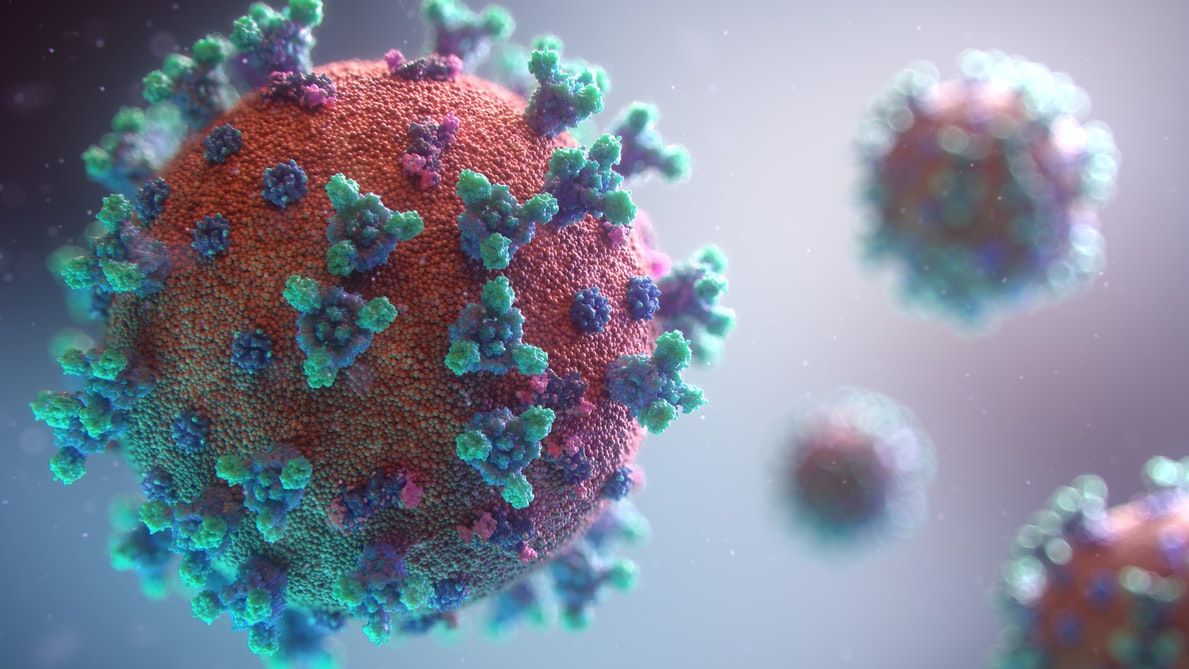The ‘Delta’
variant of the coronavirus, a highly transmissible mutant that was first
identified in India, has become the dominant ‘variant of concern’ (VOC) in the United
Kingdom and may pose a greater risk of hospitalisation in patients, British
health officials said.
The Delta variant has been identified in
5,472 COVID-19 cases this week, taking the total number of such infections to
12,431 on Thursday, PTI quoted the Public Health England (PHE), which monitors all
COVID variants in the country, as saying.
Experts have also cited recent data
to conclude that the Delta variant will soon overtake Alpha, the first VOC in
the country.
Also Read | Deadly second COVID wave caused by fast-spreading Delta variant: Study
“With this variant now dominant across the
UK, it remains vital that we all continue to exercise as much caution as
possible,” Dr Jenny Harries, Chief Executive of the UK Health Security Agency,
said.
“The way to tackle variants is to tackle
the transmission of COVID-19 as a whole. Work from home where you can, and
practice ‘hands, face, space, fresh air’ at all times. If you are eligible and
have not already done so, please come forward to be vaccinated and make sure
you get your second jab. It will save lives,” she said.
PHE also said early evidence suggests there
may be an “increased risk of hospitalisation” with Delta compared to
Alpha, “although more data is needed for us to have more confidence in
that finding”.
Also Read | COVID-19 reinfection not very likely up to 10 months, finds UK study
According to the breakdown of official
figures, this week 278 people with the Delta variant attended hospital in an
emergency. Last week, 201 people attended hospital.
“Once again, the majority of these had not
been vaccinated,” PHE said, in reference to its previous studies which showed
that two doses of the COVID-19 vaccines are “highly effective” against the
Delta VOC.
The areas most affected by the Delta
variant remain in the north west of England with Bolton, where cases have risen
by 795 to 2,149, and Blackburn with Darwen which has seen 368 new cases,
bringing it to 724 in total.
Also Read | How oxygen scammers in India defrauded desperate COVID patients
PHE said there are “encouraging signs” that
the transmission rate in Bolton has begun to fall and that the actions taken by
residents and local authority teams have been successful in reducing spread.
Experts continue to urge people to “remain
cautious” as the country approaches the next stage of the roadmap, with June 21
scheduled as a date for an end of all lockdown restrictions.
“Variant cases are on the increase in
several areas and it is absolutely crucial that everyone plays their part in
preventing their spread,” PHE said.
In Bolton, local teams have gone door to
door in targeted areas on consecutive weekends to distribute test kits, share
vital safety messages and encourage people to get the vaccine at a local
drop-in centre.
Take up of both testing and the vaccine was
described as “positive”.
Also Read | Know what is ferritin blood test recommended for COVID-19 patients
Blackburn with Darwen has also seen local
teams making door-to-door visits, and over 10,000 additional PCR tests have
been given out.
Mobile testing units have been deployed to
the area and wastewater sampling continues, in order to track the spread of the
variant.
PHE said its health protection teams
continue to work with local authorities and schools to carry out surveillance
of COVID-19 cases in schools to understand and reduce transmission in these
settings. It found outbreaks and clusters in primary and secondary schools are
at low levels but has seen a “slight increase” over recent weeks, in line with
higher levels of the Delta variant circulating in the community.







